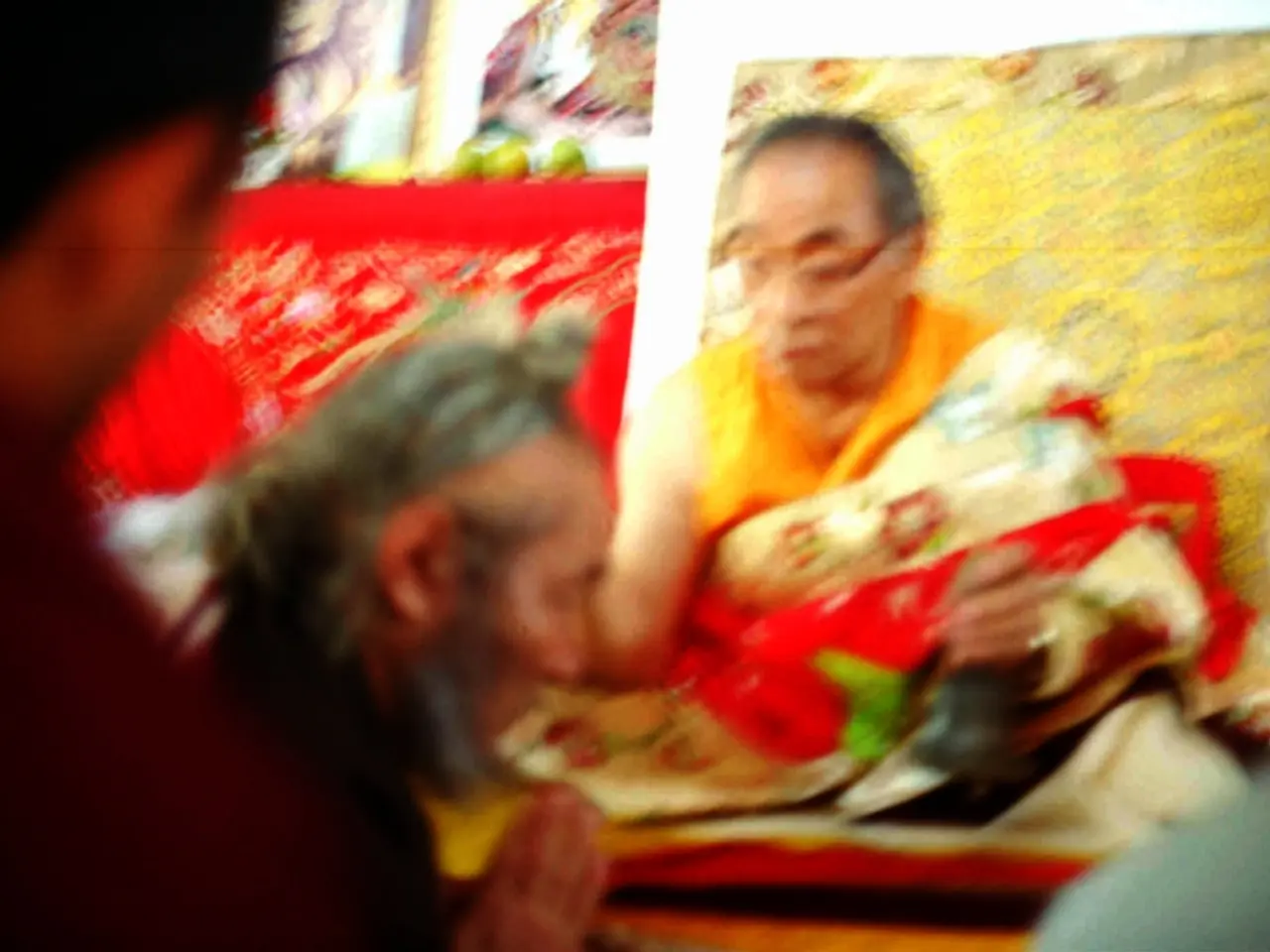India’s Sacred Trust: Guarding the Dalai Lama’s Spiritual Legacy
India has emerged as a guardian of global conscience, nurturing the voice of the Dalai Lama. The ancestral home of Tibetan Buddhism, India received the 14th Dalai Lama as a revered guest in 1959, offering asylum and democratic freedom.
The Dalai Lama, a child of exile, has become a bridge between worlds. His rare voice of equanimity, compassion, and disciplined joy addresses the human condition. India, with its protection of religious freedom, serves as the de facto guardian of Tibetan spiritual sovereignty.
If the next Dalai Lama is born in India, he would reaffirm the spiritual legitimacy of the institution. Raised in India, he would inherit wisdom from both Tibetan and Indian traditions. However, the selection process is politically sensitive, with China seeking to control it and install a Dalai Lama of its own choosing. India's role is to protect and uphold the dignity of the next Dalai Lama, honouring a sacred trust, but not determining the succession.
India's guardianship of the Dalai Lama's voice ensures a beacon of global conscience remains undimmed. As the ancestral home of Tibetan Buddhism, India continues to protect and nurture this spiritual legacy, even as the selection of the next Dalai Lama remains a contentious issue.
Read also:
- American teenagers taking up farming roles previously filled by immigrants, a concept revisited from 1965's labor market shift.
- Weekly affairs in the German Federal Parliament (Bundestag)
- Landslide claims seven lives, injures six individuals while they work to restore a water channel in the northern region of Pakistan
- Escalating conflict in Sudan has prompted the United Nations to announce a critical gender crisis, highlighting the disproportionate impact of the ongoing violence on women and girls.




